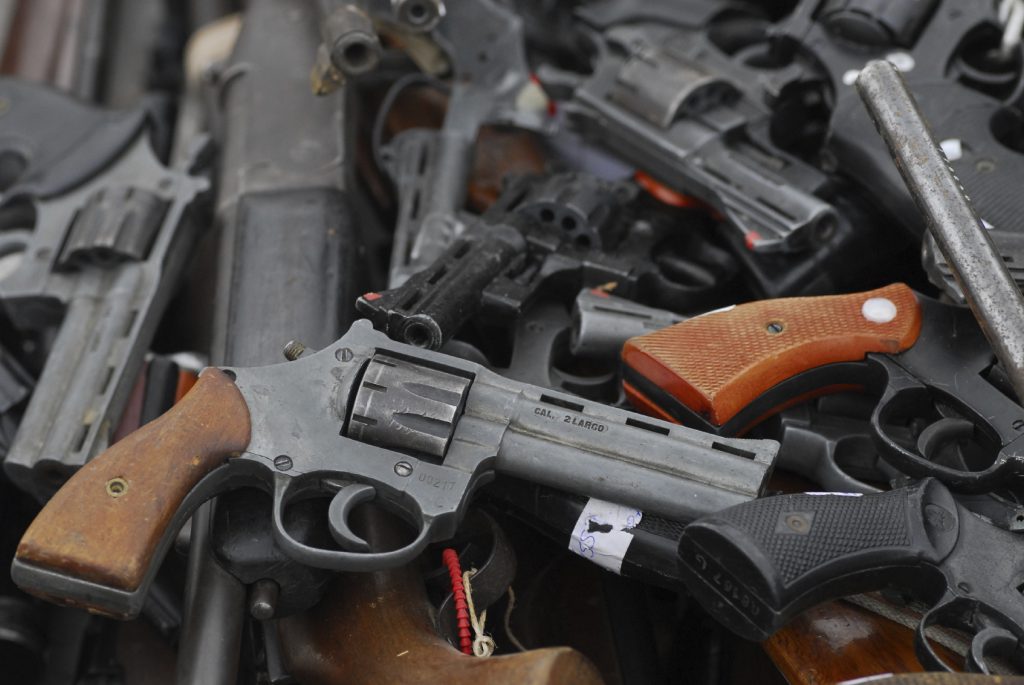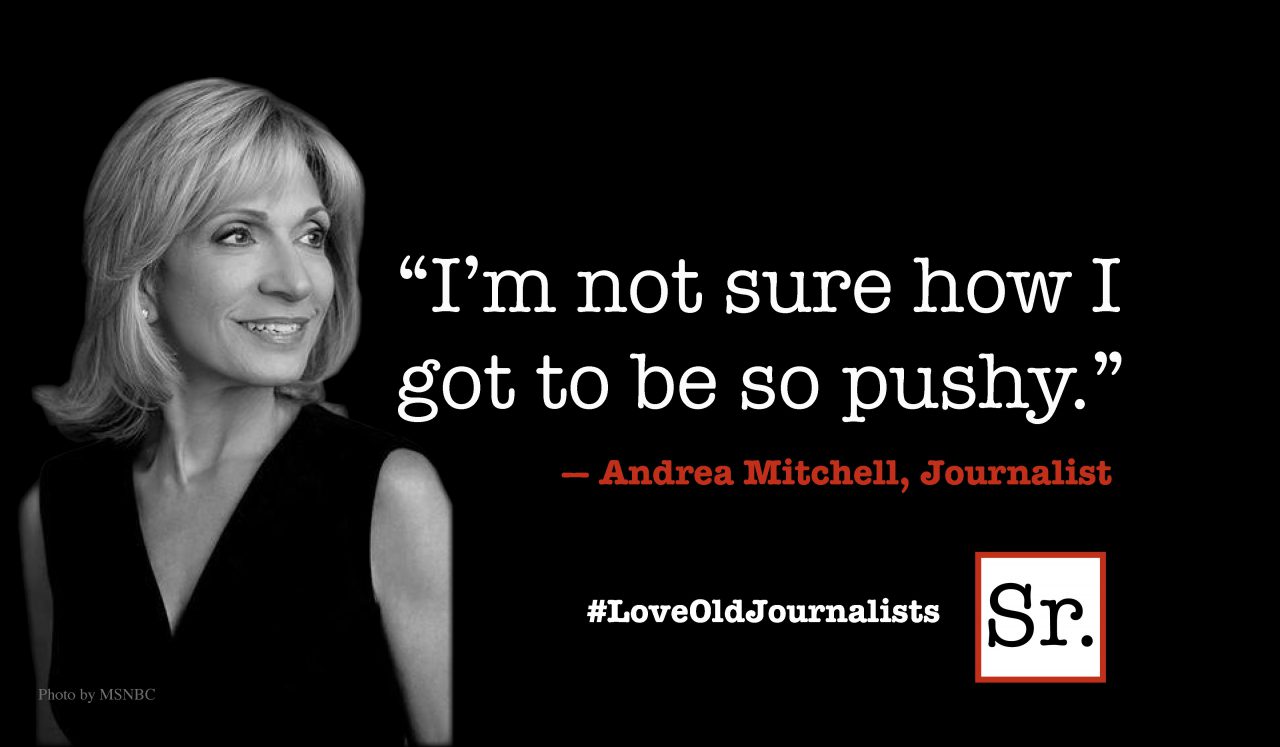A few weeks ago a shooter in Australia gunned down two bystanders. The country was in an uproar. The Prime Minister led the horrified citizenry in responding with disbelief as to how this obscenity could possibly happen in that country.
In 1996 a single shooter killed 35 people at a prison museum in Port Arthur. As a result laws were enacted restricting home-based gun ownership to farmers who needed firearms to protect livestock from wild animals. Other personally owned weapons needed to be properly registered and kept locked up at gun clubs. From 1996 on, no toddler could find a loaded weapon in mommy’s purse and accidently kill her with it.
All over the nation citizens voluntarily brought their weapons to public facilities, where great piles of them were destroyed. Since then, the already minuscule murder rate by firearms has declined by more than 60%. Had a shooter entered a school and shot twenty children, no telling what might have been the reaction.
In Great Britain only a few police with special assignments are allowed to carry weapons—except in Ireland where all the police are armed. Death by firearms there is much higher than in any other area of the British Isles.
Here the National Rifle Association if fond of telling us that the only way to stop a bad person with a gun is to have a good person with a gun. Is that really true?
Consider the following scenario. A bad person intent on committing a violent crime encounters a good person on the street or in a shop. The good person may or may not have a weapon. If the bad person assumes that the good person is armed, because most everyone is, what do you think the bad person will do? This hypothetical has been studied principally in Great Britain. I saw the scenario described in a lecture from about 50 years ago. The answer was obvious. The bad person will shoot first!
On the other hand, if the good person is thought not to be armed, the robbery might well take place, but everyone will walk away from the scene still alive. The chance of being killed by firearms is much higher if you have a weapon in your home, or in mommy’s handbag, or in a glove compartment, on in a holster on your hip. Just look at the statistics and it will be obvious that the more firearms there are in civilian hands, the more people will be killed by them.
The NRA uses the 2nd Amendment as the justification for the proliferation of guns, from simple one shot derringers to military style assault weapons, with no mandatory background checks, little control of sales by retailers, friends and gun shows, and across state lines — guns in homes, cars or on the person — obvious or concealed. Many jurists and other knowledgeable experts disagree with the Supreme Court, and believe the intent of the 2nd amendment was to allow individual States to form their own militias. But the Court has spoken, and the position espoused by the NRA is for now the law of the land.
The question before the American people is not whether the enormous proliferation of firearms is legal, but whether it is wise and is making us any safer. The U.S. has 88 guns per 100 people and 10 gun-related deaths per 100,000 people each year — far more than any of the other 27 developed countries.
There may be many activities which are currently perfectly legal, but are not in the people’s interest. Getting any member of Congress or even a State legislator to take on the deeper implications of this issue is a steep uphill climb. As is true in a number of cases, the financial clout of certain organizations and their ability to defeat anyone who opposes them, largely determines what kind of laws get passed.
The good or even the safety of the people may be a secondary matter to getting re-elected. So it may come down to individual decisions about whether or not we will carry, or have in our homes and vehicles, what may not be in our self-interest.









